Small businesses often struggle to stand out. Big brands tend to dominate online spaces, making it hard for smaller ones to get noticed. SEO Worth it for Small Business to level the playing field. But is it really worth the investment?
This article dives into the benefits, challenges, and practical aspects of SEO for small businesses. Let’s explore whether SEO is a smart move for your business. It might be the game changer you’ve been looking for, or it may not be the right fit.
What is SEO?
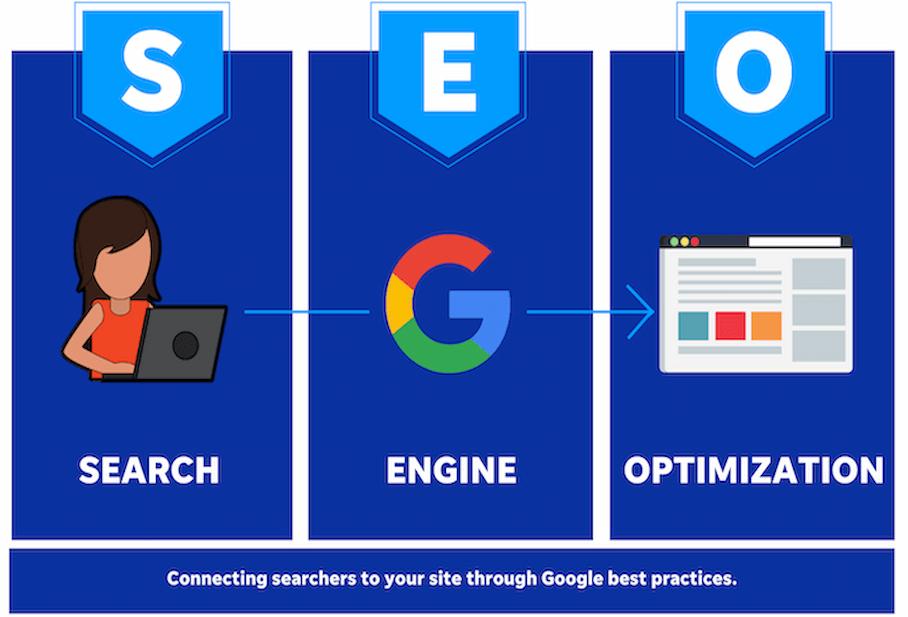
SEO stands for Search Engine Optimization. It involves making changes to your website so that it ranks higher on search engines like Google. The goal is to drive more organic, unpaid traffic to your site. Essentially, SEO helps make your business visible to potential customers.
SEO includes multiple factors like keywords, content, site speed, and more. By improving these, you increase your chances of showing up on search engine results pages. It’s not just about getting traffic — it’s about attracting the right kind of traffic. That’s where SEO becomes a powerful tool for business growth.
Why Small Businesses Need SEO
When customers need something, they search online. If your business isn’t visible, they will likely choose a competitor. SEO ensures that your website appears when potential customers are looking for your products or services. Without it, you’re invisible in a crowded online marketplace.
Being on the first page of Google is key to building trust with customers. Studies show that most people don’t go beyond page one of search results. This means your small business needs to be easily found by those who matter most: your customers. That’s why SEO Worth it for Small Business
SEO provides long-term benefits. Unlike ads, which stop working once the budget runs out, SEO continues to bring in organic traffic. It’s like building a solid foundation for your online presence that lasts.
Benefits Worth of SEO for Small Businesses
- Cost-Effective Marketing: SEO is often more affordable in the long run than paid ads. While it requires an upfront investment, the returns can last. Once your website ranks, you’ll continue to get traffic without the need to pay for each click. It’s a cost-effective way to grow your online presence.
- Builds Trust and Authority: Websites that rank high on Google are seen as more trustworthy. Ranking well means you’re offering valuable, relevant content. Customers are more likely to trust a business that appears at the top of search results. SEO helps you establish that credibility and build authority.
- Better User Experience: SEO isn’t just about search engines; it’s about improving the user experience. Speed, mobile optimization, and easy navigation all matter. A website that provides a great experience keeps customers engaged, which Google rewards with higher rankings.
- Competitive Edge: Even small businesses can beat larger competitors with smart SEO strategies. Focusing on local SEO and niche keywords allows you to target a specific audience. In some cases, you can outrank bigger businesses by optimizing for terms they overlook or can’t compete with.
How SEO Works

SEO starts with keyword research. These are the phrases and words that customers use to search for what you offer. By targeting the right keywords, you can drive traffic to your site. Keyword research is a foundational step for SEO success.
Next comes content creation. Once you know the right keywords, you create content around them. Blogs, landing pages, and product descriptions help increase your chances of ranking higher. Good content not only attracts visitors but also builds trust and authority.
Then, technical SEO comes into play. This involves improving aspects like website speed, mobile responsiveness, and internal linking. A technically optimized site is easier for search engines to crawl and index, which leads to better rankings.
Finally, backlinks are important. When reputable websites link to your content, it signals to Google that your site is credible. The more quality backlinks you earn, the higher your site can rank on search engines.
Common SEO Challenges for Small Businesses
- Lack of Resources: Many small businesses lack the time or expertise to manage SEO. Hiring an in-house SEO expert may not be feasible, especially on a small budget. Outsourcing to an agency can be expensive, but it can also deliver better results. SEO requires consistent effort, so finding the right resources is crucial.
- Slow Results: SEO isn’t a quick fix. Unlike paid ads, where you see instant results, SEO takes time. It can take months to see meaningful improvements in rankings. Patience is key when you’re investing in SEO, as the benefits compound over time.
- Tough Competition: In some industries, the competition for top search rankings can be fierce. Big brands or well-established competitors may dominate the search results for important keywords. Ranking for highly competitive terms takes time, effort, and a solid strategy.
- Risk of Bad Agencies: Unfortunately, not all SEO agencies have your best interests at heart. Some may promise fast results with risky tactics, which can hurt your rankings in the long run. It’s important to choose a reputable agency that uses ethical SEO practices to avoid costly mistakes.
Who Should Invest in SEO?

SEO Worth it for Small Business that already have a website and are looking to expand their online presence. If your site is receiving some traffic but you want to grow it, SEO can help. SEO also suits businesses that are committed to long-term success and willing to invest in content creation.
If you need immediate sales, SEO may not be the best solution. It takes time to see results. In such cases, paid ads or other marketing methods might deliver quicker returns.
Additionally, businesses that can regularly produce high-quality content will benefit from SEO. Consistent content is critical to staying relevant and ranking well. If you’re not able to create new content, it might be harder to maintain your SEO efforts.
Smart SEO Strategies for Small Businesses
- Focus on Local SEO: Local SEO is especially valuable for small businesses with a physical location. Optimize your Google My Business profile and local listings to improve visibility in local searches. Using local keywords (e.g., “plumber in Chicago”) will also help attract nearby customers. Encouraging reviews from satisfied customers can improve your local SEO efforts. Positive reviews increase trust and can boost your local rankings. Don’t underestimate the power of local search in driving targeted traffic to your business.
- Target Long-Tail Keywords: Long-tail keywords are more specific search phrases that usually have lower competition. These phrases might not generate massive traffic, but they tend to bring in high-quality leads. For example, “affordable roofing services in downtown Dallas” targets a specific audience more likely to convert into a customer. Long-tail keywords can help small businesses rank more easily. They attract people who are already closer to making a purchase. By targeting these, you can achieve higher rankings without competing against major brands.
- Create Helpful Content: Content is king when it comes to SEO. Your website should have valuable, informative content that answers your customers’ questions. This could be blog posts, how-to guides, or videos. The more useful your content, the more likely people are to share it, which can help with rankings. Content marketing and SEO go hand in hand. SEO strategies that focus on content creation can lead to better rankings and higher engagement. It’s not just about selling; it’s about building relationships through helpful information.
- Keep Your Website Healthy: A healthy website is essential for good SEO. Ensure your website loads quickly, is mobile-friendly, and is free of broken links. Use tools like Google PageSpeed Insights to test your site’s speed. Make sure your site is secure (SSL certificates are important for trust).A slow or poorly functioning website will drive customers away. Google recognizes this and may penalize your site in search rankings. Regularly check your website’s health to maintain strong SEO performance.
What Happens If You Skip SEO?
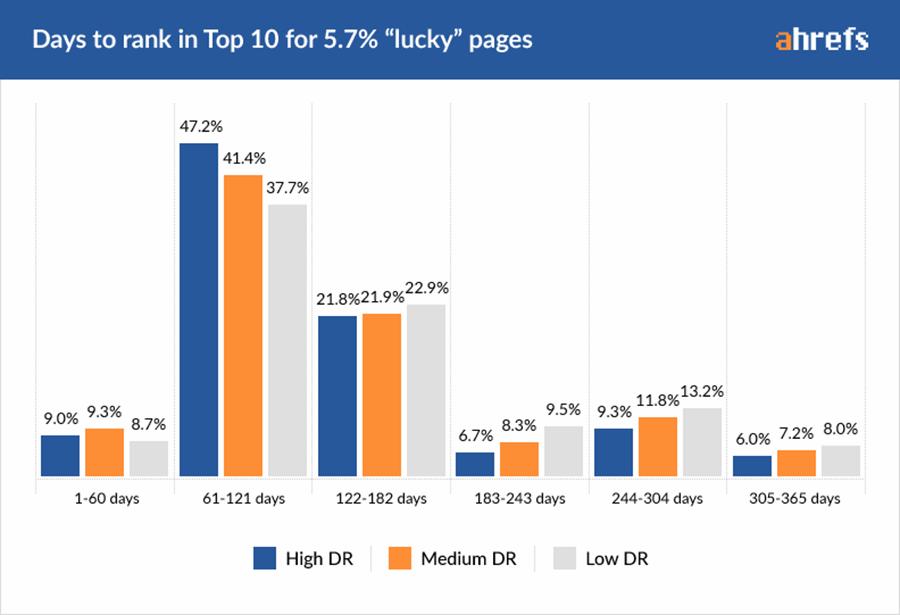
If you skip SEO, your competitors will gain the upper hand. They’ll show up in search results while your business remains hidden. Without SEO, your business will miss out on valuable organic traffic.
SEO is not a “set it and forget it” tactic. If you aren’t actively optimizing your site, you risk staying invisible. Relying solely on paid ads can be risky and expensive, as those ads stop working once your budget is gone.
Ignoring SEO means you miss the opportunity to build long-term brand visibility. Customers expect to find businesses online. If they can’t find you, they’ll go to someone else.
Signs That SEO is Working

SEO takes time, but there are clear signs of success. More organic traffic, higher rankings, and better engagement metrics (like time on site and reduced bounce rates) are good indicators. As your website attracts more visitors, you’ll also see more inquiries, calls, and purchases.
Improved search rankings lead to increased visibility. When your website ranks higher for your target keywords, it means people are finding you. Track your keyword performance and organic traffic over time to measure progress.
How Long Does SEO Take?
SEO isn’t a fast process. Most small businesses see noticeable improvements within 3–6 months. For brand new websites or highly competitive niches, it may take longer. Consistency is crucial to SEO success.
The time it takes depends on various factors: website age, competition, keyword difficulty, and your SEO efforts. Be patient and give it time. SEO works, but it requires a commitment.
How Much Should a Small Business Spend on SEO?
The cost of SEO depends on your goals. For small businesses, SEO services may cost anywhere from our agent to discuss price. A smaller budget may limit the scope of work, but you can still see results with a focused strategy.
While SEO is an investment, it can provide significant returns over time. Avoid “cheap” offers, as these often lead to poor results or even penalties. It’s better to invest in a reputable SEO provider who follows best practices.
Conclusion
SEO is a valuable tool for small businesses. It helps increase visibility, build trust, and drive long-term traffic. The investment is worth it if you’re committed to improving your online presence over time.
If you’re ready to invest in SEO, start small and focus on local SEO, quality content, and technical health. Keep learning and adjusting your strategy to get the best results. If you’re patient and consistent, SEO will work for your business.
SEO isn’t a quick fix, but it can be the key to lasting success. When done right, it provides ongoing benefits for small businesses, helping them grow and thrive in a competitive digital landscape.

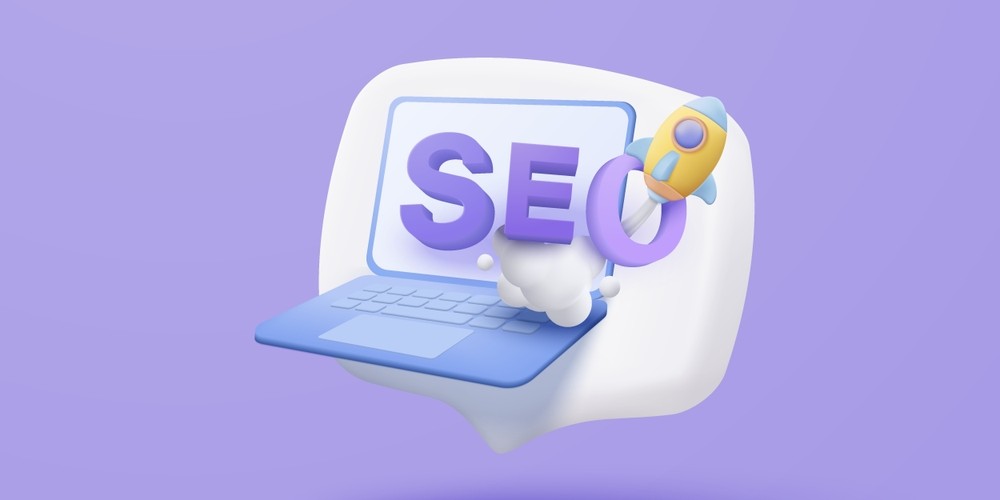

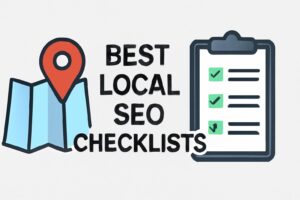
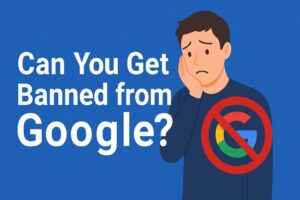

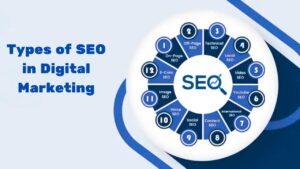

Add comment
You must be logged in to post a comment.